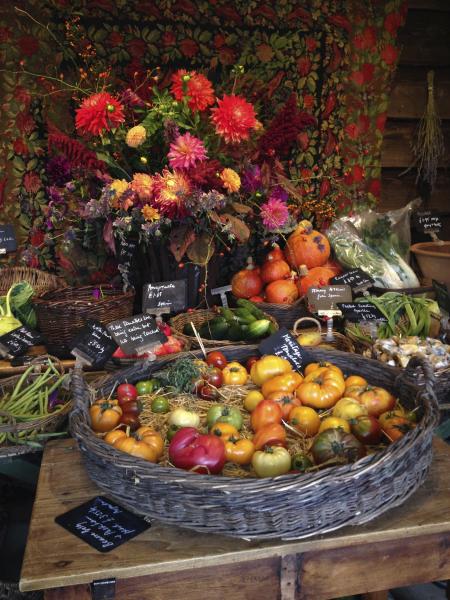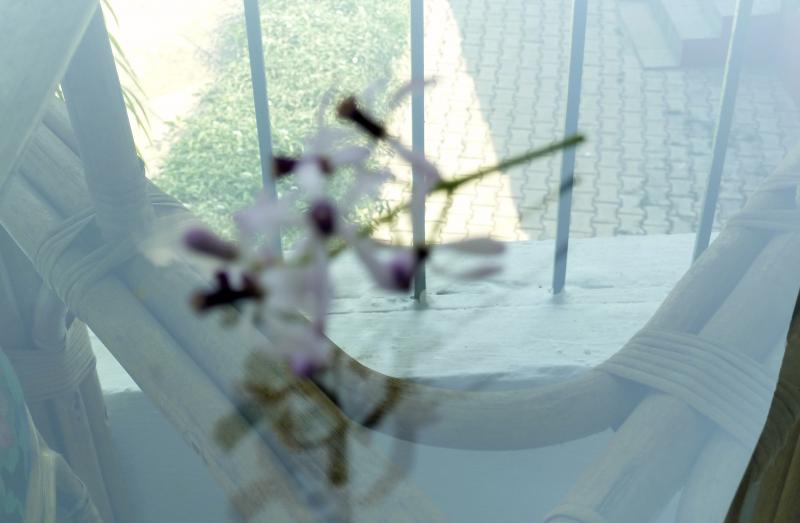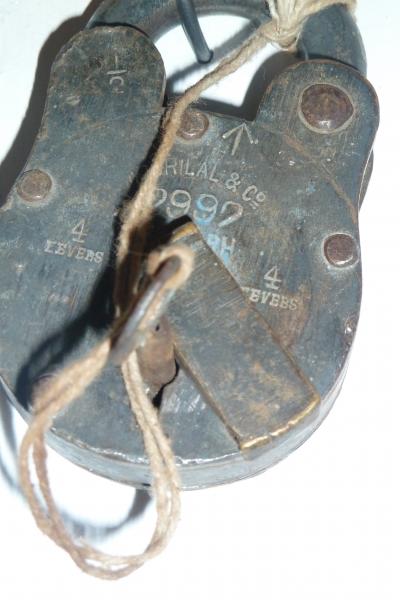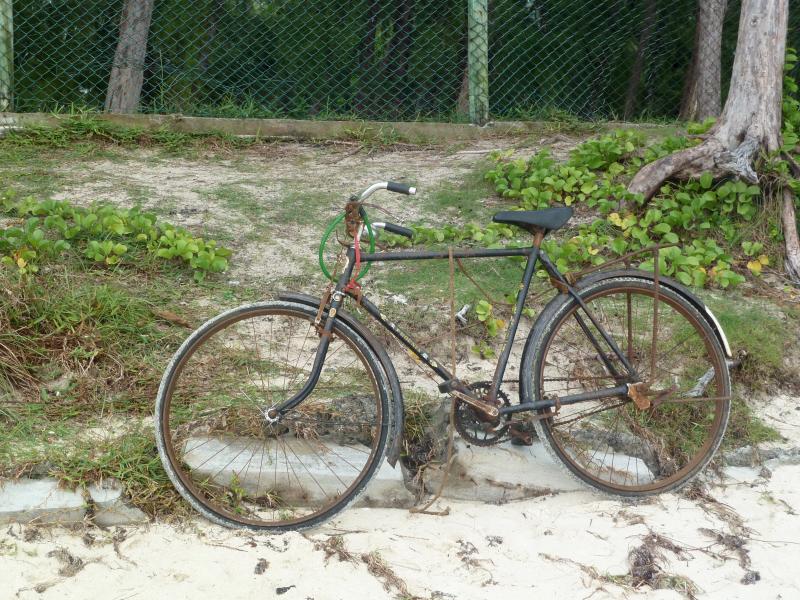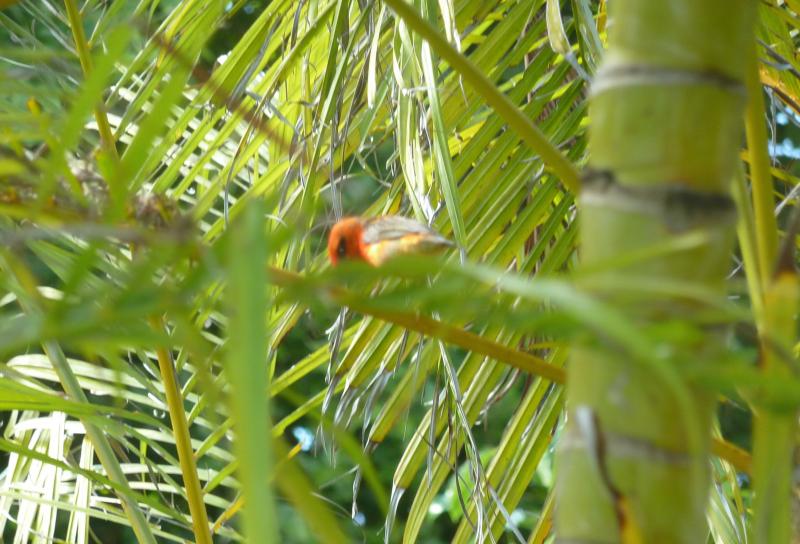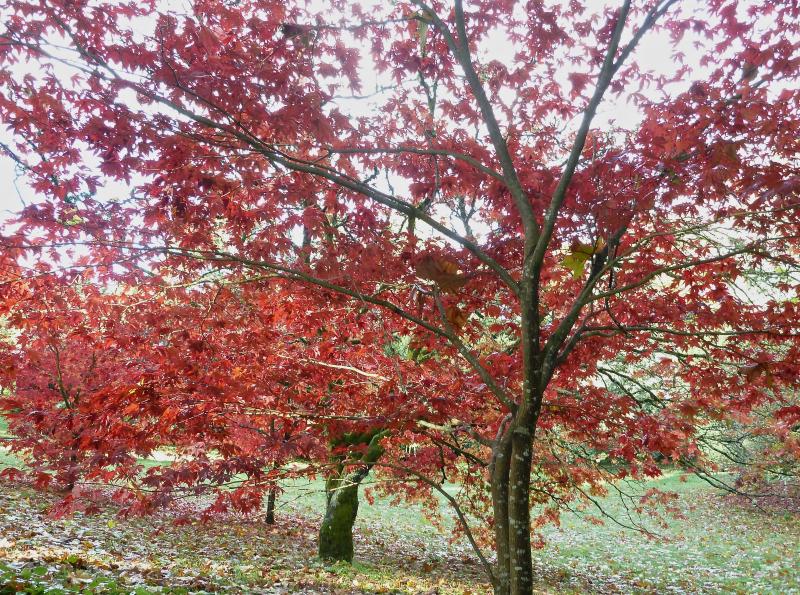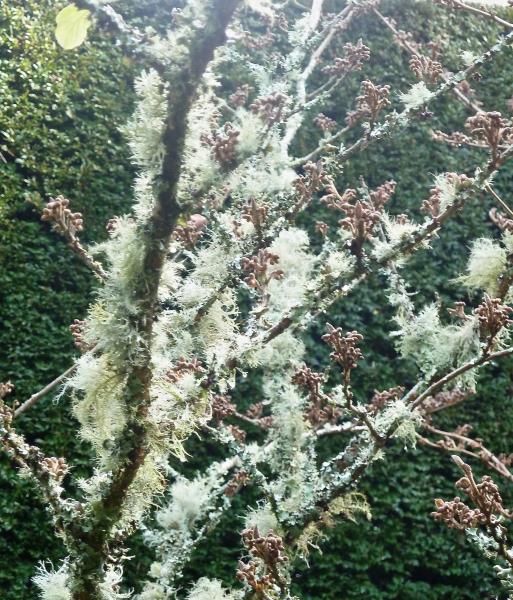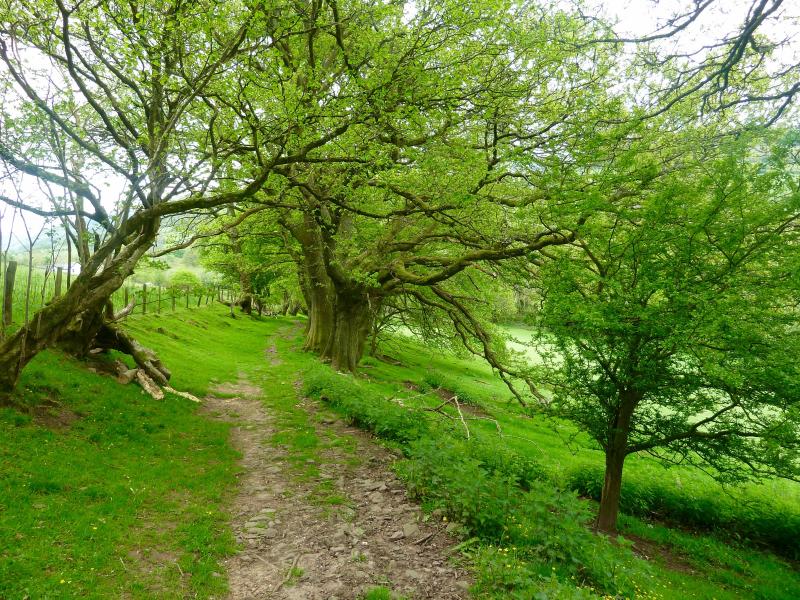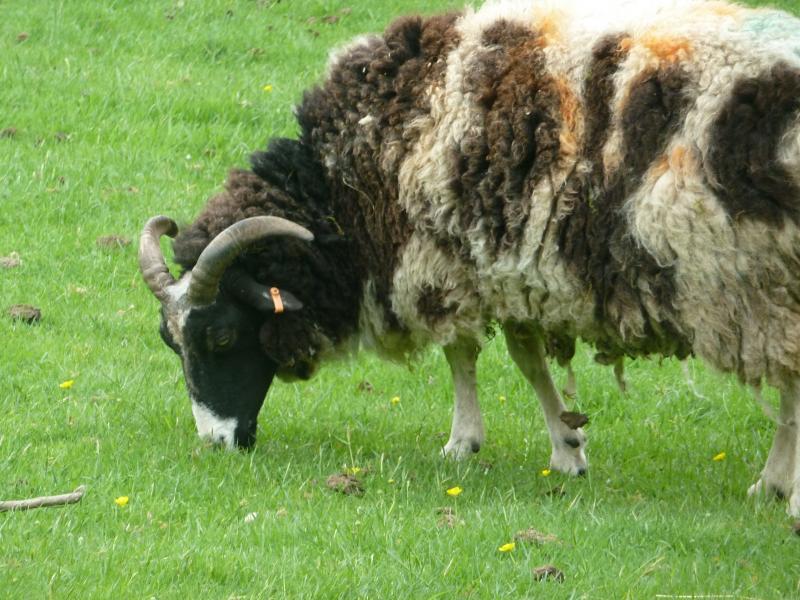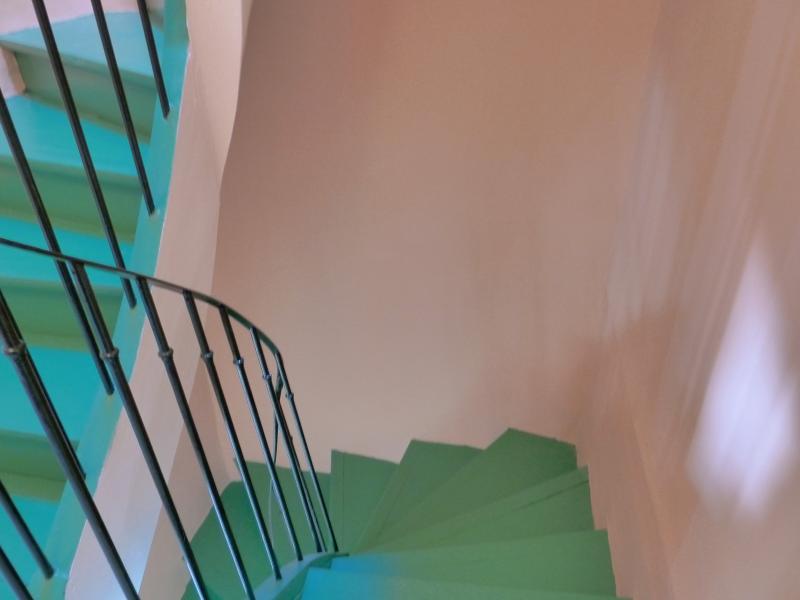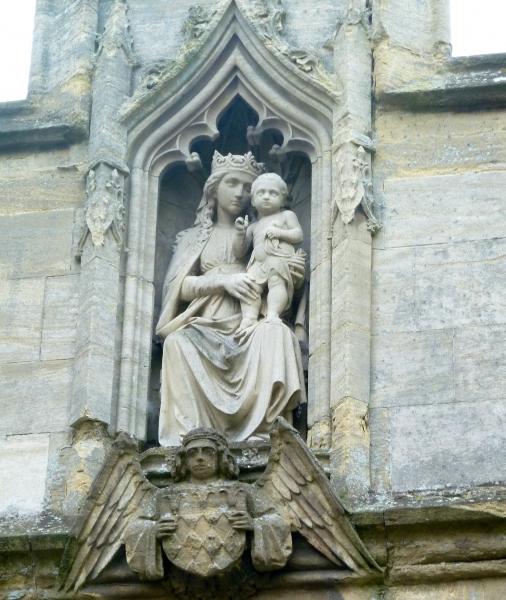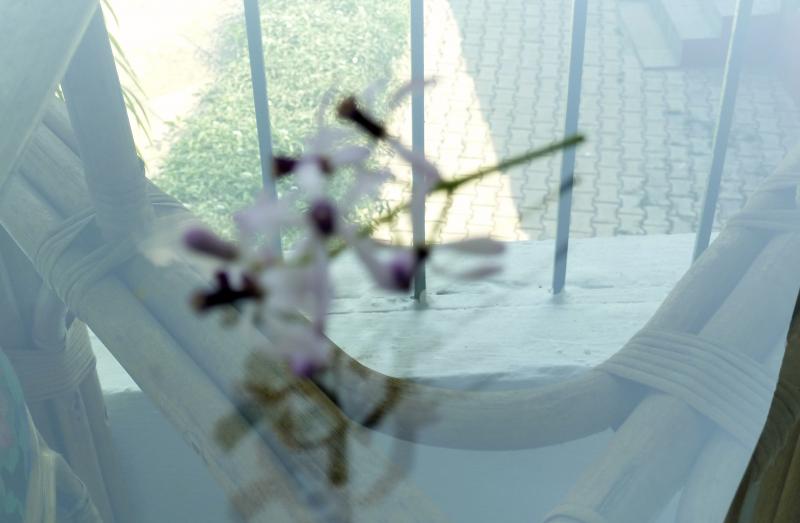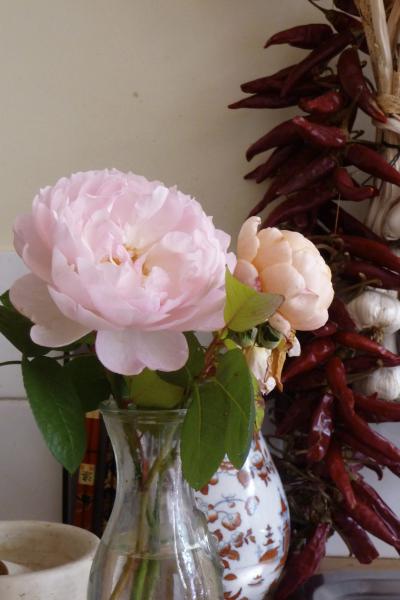
A handwritten sign and some bottles, professionally labelled, are the only publicity that Andy and Diane want. At first he said he didn’t like the idea of being written about, but after a little persuasion they both agreed to talk to me.
I asked for a tasting and recommendations. “Try the dandelion wine. It’s come out well this year.” I liked the nose and the smooth finish so reserved a bottle of that and a bottle of blackberry vodka.
“I’ll go home and fetch my camera and some cash.”
“Give us half an hour. We’re about to have our tea.”
At 25 per cent just one swallow of the vodka left me a bit woozy, but when I returned to record their story they’d finished eating.
“We’ve made about 12 kinds of wine this year- all from hedgerows and fruit bought in markets. We never buy apples for the cider because they’re free on the trees.”
There’s nettle wine and parsnip, elderberry and several kinds of liqueurs. The varieties change from year to year.
“Is Oxford specially good for business?”
Diane shrugs. “It depends. One person stops to buy and then there’s a whole crowd. We like all the canals but some are very tricky like Macclesfield. Our boat sits very low in the water and some canals are hard to manoeuvre.”
She tells me about some awful accidents when boaters have been sucked into the water and even decapitated in a tunnel.
Andy, who was brought up in Teignmouth, Devon, used to be a signalman on Network Rail. For many years he also worked the small steam railway that runs between Buckfastleigh and Totnes. He told me that only the East Yorkshire canal was used to transport goods commercially, after it was converted to take 600 tonne barges.
Diane used to work as a personnel assistant for a supermarket chain. They are self-reliant, proudly independent and their expenses add up to less than £2,000 p.a. They both love the outdoors and walk around 25 miles every day for fun. “You start slowly and build up stamina.”
Diane has three grown-up daughters (she is 46) from a previous marriage and has brought them up to be independent like herself. The girls are not at all keen on canal living.
The flowers that give such a delicate flavour to the wines need to be steeped for six days and the fruit has to be boiled. After being strained, yeast and sugar are added and the liquid left in carbuoys or demijohns to ferment until the air-trap (which looks like an egg-timer) has stopped bubbling. Then the alcohol content is measured with a hydrometer and the liquid is racked to get rid of sediment. After that it’s ready for bottling.
It sounds like a messy business, but the boat is shipshape and comfortable and they both like living simply.
“Yes, we make a good profit and we love what we do. We have a still on board and make the vodka. There was a home-brew shop near where we lived and that’s where we learned our trade. You’ve got to have hobbies if you live on a boat. We usually moor near a town or village because it gets dark so early in winter. I make my rag rugs and I’ve learned to knit.”

Diane’s rug made of old fleeces. It took her three months.
Does she think of herself as adventurous?
“If you’re going to sit around doing nothing you might as well be dead.”

Diane contemplating a carbuoy

Nearly ready for bottling














